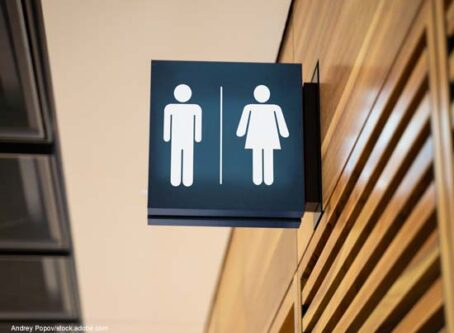Voters in three states decide fate of fuel-tax related questions
Voters in multiple states this week decided whether to approve efforts that would result in at least a 10-cent spike in taxes that consumers pay while fueling.
California Proposition 6
Voters in California settled a dispute over increased vehicle tax and fees imposed a year ago.
By a margin of 55-45 percent, voters rejected an effort to eliminate a 20-cent diesel tax increase and a 12-cent gas tax increase imposed one year ago.
The question was an initiated constitutional amendment that began last fall as a petition drive to obtain signatures from California residents to get the question added to the Nov. 6 ballot.
The initiative followed enactment of Senate Bill 1. The 10-year, $52 billion transportation funding deal signed into law by Gov. Jerry Brown is designed to benefit state and local roads, trade corridors, and public transit.
Other vehicle fees in the deal went up Jan. 1, including an increase from 9 percent to 13 percent in sales tax applied to diesel purchases.
The additional taxes and fees do not end there. Another 7.5-cent gas tax increase is scheduled to occur in July 2019.
All tax and fee rates are also indexed to inflation to allow for increases in future years.
Passage of the citizen vote also would have amended the state’s Constitution to prevent any new or increased taxes on gas or diesel and sales taxes, vehicles license fees, and transportation improvement fees without a statewide vote.
Prop. 6 proponents said nearly three-quarters of all state motor vehicle related taxes and fees collected by the state are used for programs other than streets, roads and highways.
Proponents added that the tax and fee increases put too much of a strain on lower- and middle-class residents. The Republican-led group asserted that past fuel tax revenues have gone for other programs – a trend they expect to continue.
Opponents, led by Democratic Gov. Brown, said the tax and fee increases are necessary to address a $130 billion backlog in deferred road maintenance. They added that Proposition 69, approved by voters in June, prevents politicians from raiding transportation funds.
Missouri Proposition D
By a margin of 54-46 percent, voters in Missouri rejected a proposal to raise the state’s fuel tax rate by a dime.
The state’s Department of Transportation has said there is an $825 million gap in annual road and bridge funding. In an effort to help address the issue, a legislatively referred constitutional amendment gave voters the final say on whether the state’s 17-cent-per-gallon fuel tax should be increased by 10 cents over four years.
Specifically, passage would have increased the tax rate by 2.5-cent increments over four years. The tax rate would have been raised to 27 cents by July 2022.
The tax rate has remained unchanged since 1996.
In addition to increasing gas and diesel rates, taxes on alternative fuels would have been raised to 27 cents by 2026.
Advocates said the change would free up revenue from the current tax rate that is routed to the Highway Patrol to instead be applied for roads and bridges.
Among the concerns voiced by opponents was the amount of the tax increase, and taking the decision about how much tax revenue the Highway Patrol receives out of the hands of lawmakers.
When fully implemented, the state estimates the rate increase would have raise $290 million annually for DOT-operated roads and $125 million for local roads.
As a result, state legislators must go back to the drawing board as soon as the 2019 regular session to come up with a plan to address road funding needs.
Washington Initiative 1631
Voters in Washington state decided the fate of a plan to implement a fee collected on carbon emissions.
By a margin of 56-44 percent, voters rejected a first-of-its-kind fee or tax on carbon emitters. The fee would have been imposed on carbon content of fossil fuels sold or used in the state and electricity generated or imported into Washington state.
Starting in 2020, the fee would have been levied on the largest carbon emitters. The fee was described as an aggressive policy to combat climate change that charges polluters for the right to emit carbon dioxide and other greenhouse gases.
The carbon fee would have started at $15 a metric ton of carbon. It is estimated the levy would add about 14 cents to each gallon of fuel. The fee would increase annually by $2 per ton of carbon emission, plus the rate of inflation.
According to estimates, the levy would have generated about $2.2 billion in its first five years.
The revenue would have been invested into a new fund to support projects designed to accelerate the state’s transition away from fossil fuels.









